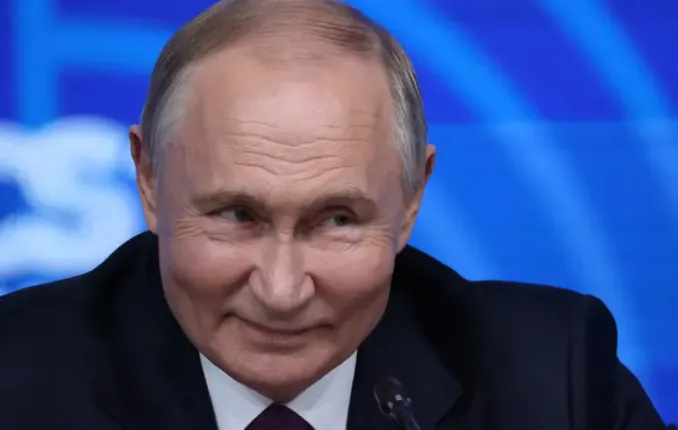Shifts in the Middle East and Their Impact on Russia’s Foreign Policy: An Analysis of Contemporary Geopolitical Trends

Recent events in the Middle East, notably the U.S. bombing of Iran and Israel's military actions, are creating a new dynamic in the region that significantly influences global geopolitics and, in particular, Russia's strategic approach. The relationships between these countries, their military conflicts, and diplomatic maneuvers have consequences that extend beyond regional boundaries. For Moscow, these developments not only diminish influence in the Middle East but also trigger a redefinition of its foreign policy tactics. The weakening of Bashar al-Assad's regime in Syria and the loss of an Iranian drone supplier undermine Russia's regional stability efforts and raise questions about its ability to maintain influence through proxy programs and alliances. Currently, Moscow is focusing on developing its own UAV technologies capable of replacing Iranian Shahed drones. Simultaneously, Russia's internal strategy emphasizes prioritizing Ukraine, as this war shapes its legacy and geopolitical standing. The question arises: can Moscow leverage international conflicts to enhance its influence while diverting attention and resources away from other global hotspots? Analysis suggests that U.S. support for Israel and the conflict with Iran have created an ideal situation for Russia — a distraction that allows Putin to maintain control over domestic policies and regional interests. Additionally, Western countries are allocating significant resources to air defenses, raising concerns about reduced access to these assets for Ukraine. At the same time, the Ukraine conflict is central to Putin’s legacy — determining Russia’s future status in the international arena. All these developments indicate that Moscow’s strategy remains focused on restoring its imperial influence, and the fight over Ukraine is a key component of this broader plan, despite waning international support and Western efforts to counterbalance.

